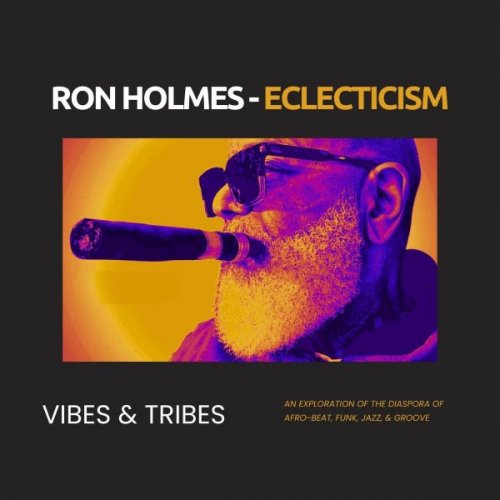Silvia Márquez Chulilla - Chaconnerie: Bassi ostinati from the 16th to the 21st Century (2018) [Hi-Res]
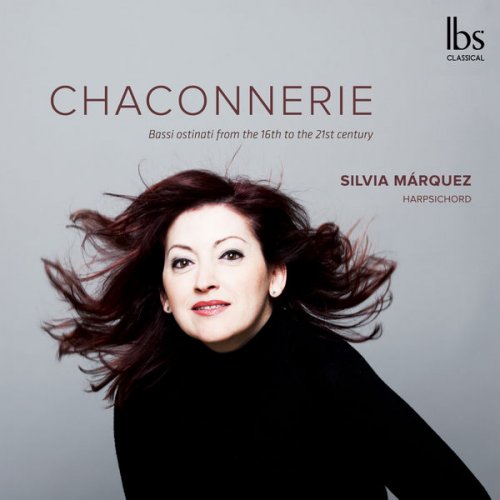
Artist: Silvia Márquez Chulilla
Title: Chaconnerie: Bassi ostinati from the 16th to the 21st Century
Year Of Release: 2018
Label: IBS Classical
Genre: Classical
Quality: flac 24bits - 96.0kHz +booklet
Total Time: 00:55:01
Total Size: 1.2 gb
WebSite: Album Preview
TracklistTitle: Chaconnerie: Bassi ostinati from the 16th to the 21st Century
Year Of Release: 2018
Label: IBS Classical
Genre: Classical
Quality: flac 24bits - 96.0kHz +booklet
Total Time: 00:55:01
Total Size: 1.2 gb
WebSite: Album Preview
---------
01. Selva di varie compositioni d'intavolatura: Ciaccona
02. Partite sopra La Romanesca
03. Obras de música: Diferencias sobre Guárdame las Vacas
04. Hungarian Rock
05. Suite in D Minor: VII. Chaconne La complaignante
06. Chaconne in G Minor, HWV 486
07. Primo e secondo libro di toccate: Toccata No. 7 in D Minor La folia
08. Violin Partita No. 2 in D Minor, BWV 1004
09. 12 Variations on La folia d'Espagne, Wq. 118 No. 9, H. 263
10. Montunos: III. Como congas
Chaconnerie is a recording that deals with repetition. Chaconnerie illustrates that particular principle of Art that seeks to combine elements over and over again to achieve balance and unity. Chaconnerie encourages us to undertake a voyage in which sounds –through the centuries– build upon an insistently repeated, or imaginatively varied, scheme. Repetition has been a major element of humankind’s artistic manifestations and expressions ever since the time of the Moais on Easter Island up to the drawings of Max C. Escher. Repetition is rhythm, pulse, and life, and life overflows in the chaconne, a dance whose origin Lope de Vega attributed to the American Indian (“from the Indies to Seville / it has come by post”) and whose character Miguel de Cervantes describes as lascivious and immoral. With its accent on the second beat and its variations on a harmonic scheme, this dancing base - together with sarabandes, folias, and passacaglias - was conducive to improvisation on chordal progressions, a novelty that had a crucial impact on Baroque music in Europe.
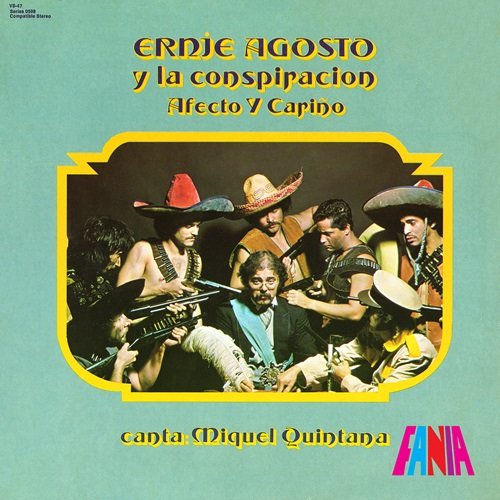

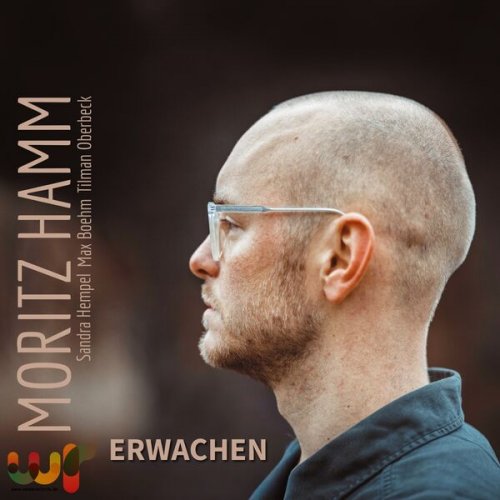

![Maj Kavšek - MINOR FLAW (2026) [Hi-Res] Maj Kavšek - MINOR FLAW (2026) [Hi-Res]](https://img.israbox.com/img/2026-02/09/8u50qjzftilnmaq7cws2iy3sg.jpg)
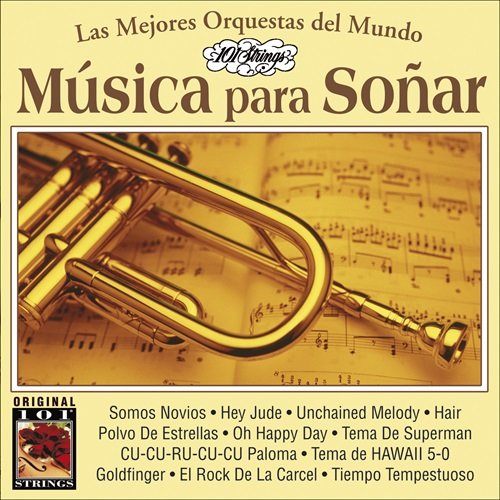

![Ravi Ramsahye PROTOTYPE - Sunglint (2026) [Hi-Res] Ravi Ramsahye PROTOTYPE - Sunglint (2026) [Hi-Res]](https://www.dibpic.com/uploads/posts/2026-02/1770729667_folder.jpg)
